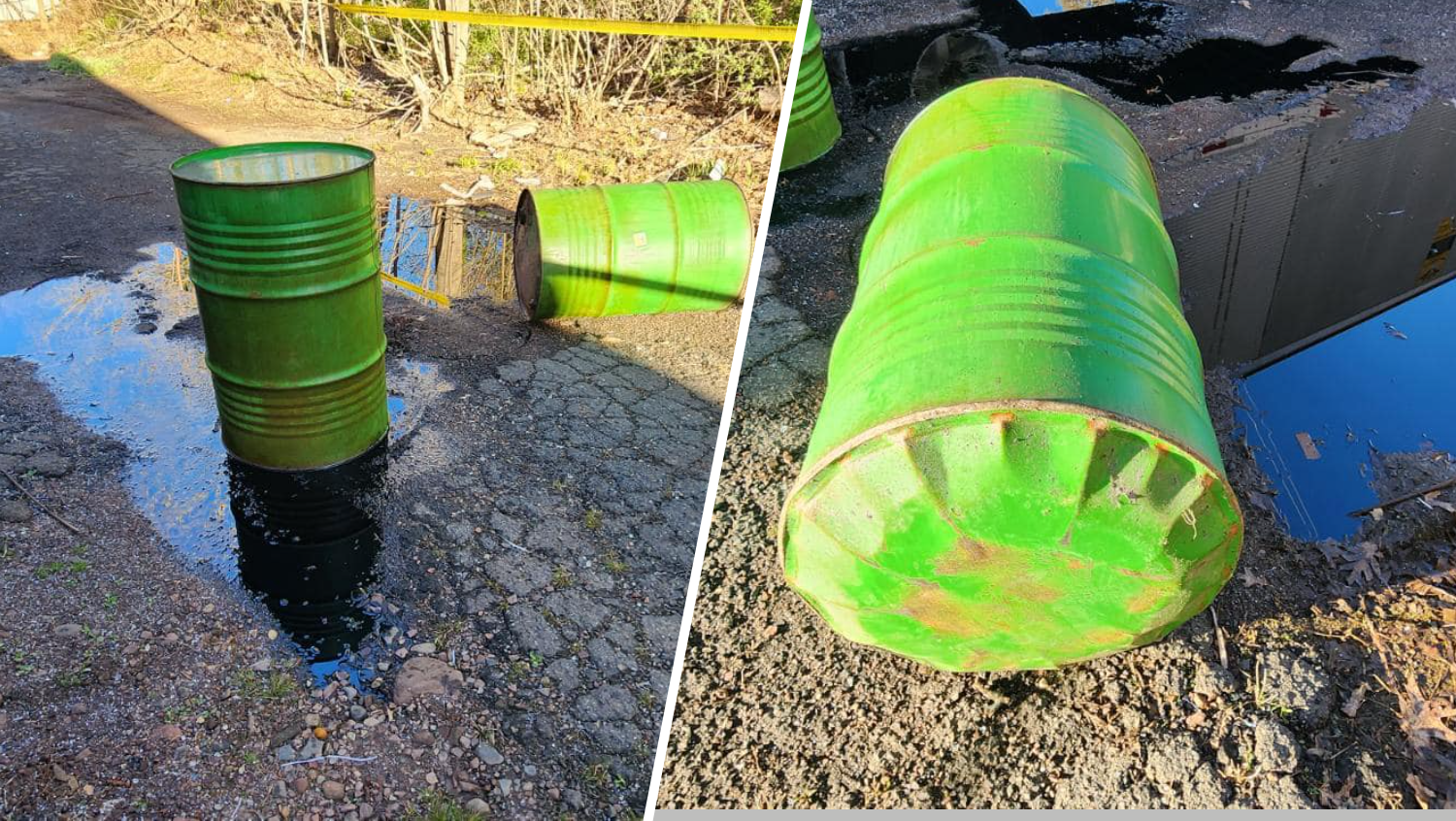The member agencies of the Norwich Heroin Task Force are working to manage two public health crises at once.
"When you have a pandemic on top of an epidemic, I don't know what that means," said Michael Doyle, unit director of the recovery coach program and other addiction-related services at Reliance Health. "It is definitely a challenge."
As people across the world continue to adjust to a new COVID-19 induced normal, the Norwich Heroin Task Force has stayed busy.
"There is definitely more of a need for us to really come together and work together on this," said Rayallen Bergman, who heads up the task force.
The task force formed in 2017 and consists of agencies on the front lines of drug addiction, from paramedics and first responders to providers. The agencies meet for monthly meetings to collaborate and share resources. The task force is still meeting, though virtually, and now sharing ideas on how to continue overdose response amidst the global COVID-19 pandemic.
"The overdoses have not stopped during the pandemic," said Glenn Arremony with American Ambulance.
The pandemic is creating new challenges. For example, the task force has spent the last several months working to track and map every overdose in the City of Norwich. After an overdose, a recovery coach from Reliance Health is then sent out to the address to meet the person and pass along resources.
Local
"The role of a recovery coach is trying to meet the people that we work with where they are at," said Doyle. "Lately we have had to be a little bit more creative."
Doyle said that the recovery coaches are still going out with Norwich Police for overdose follow-up meetings, but they are now wearing personal protective equipment and social distancing.
"You can't just leave people hanging in the breeze," said Doyle.
All of the other recovery outreach services are, for the most part, being conducted virtually. Doyle said that his biggest fear is that they lose contact with any of their approximately 95 clients. He said that he has already seen some people become harder to reach.
According to the task force, overdoses in Norwich remained steady for the month of March with no spike in numbers. The data did show new hot-spots for overdoses during the month of March.
“Right now we are seeing it in different venues because there is a variety of limitations for the community resources. It really will diversify the problem that we have," explained Bergman.
Doyle said that he believes the numbers can remain steady, or even decrease, if the task force continues to collaborate and they are able to maintain contact with people who need help through out the pandemic.
"I do feel like it is going to increase if we do not stay on top of it," said Doyle.



